Contestable Fund Projects
$4M Awarded to New Research Addressing Child Health Challenges
A study to measure the mental health of young people who grow up in areas with unhealthy environmental features, such as gaming venues, takeaway shops, and liquor outlets, is one of 12 projects to get the greenlight through a new $4M collaboration to fund child health research.
A Better Start, one of the country’s 11 National Science Challenges, and Cure Kids, New Zealand’s largest national child health research charity, are co-funding the new projects, which are all aimed at making a real-world difference for tamariki and their whānau.
The research projects are centred on three key research areas – healthy weight, mental health and resilience, and early learning and literacy – and all focus on equitable outcomes for Māori and Pasifika children.
Some of the other funded projects include a pilot study of wearable technologies to help young people to sense and regulate anxiety; a study of how school lunches affect children’s nutrition, health, school attendance, and behaviour; an initiative to deliver telehealth interventions and therapy to children on the autism spectrum; development of evidence-based and culturally appropriate advice to support overweight children; and a follow-up study of breastfeeding and early childhood for babies of mothers who took fish oil during pregnancy.
The projects were subject to a rigorous evaluation process, including assessment by independent expert panels. They will get underway later this year and be funded for up to two years.
“The earlier we tackle a child’s health problems, the greater the benefit to the child throughout its life, and to the country,” says A Better Start National Science Challenge Director Professor Wayne Cutfield.
“We know that healthier children become productive contributors to society, and we’re excited by the strong potential these projects have to make a positive difference early in children’s lives.”
Cure Kids CEO Frances Benge says the projects will address some of the most important challenges facing our young people.
“Healthy weight, successful learning, and mental health are central to the wellbeing of our children to give them a better start on life. These 12 projects explore innovative ideas to enable better care for children, and develop new methods for prevention or treatment. Five of the projects are designed to translate previous research into practical tools for healthcare professionals and seven are innovative new ideas.
“We are excited about the new knowledge that will come from these research projects and about how they will improve the health of our children.”
This is the second time Cure Kids and A Better Start have collaborated to create a contestable funding round – in 2017 they funded 10 child health research projects to the tune of $2.8 million.
More about the A Better Start and Cure Kids funding round
The A Better Start and Cure Kids contestable funding round was launched in November 2020 to seek research proposals that would lead to better ways to promote healthy weight, improve early literacy, and help improve mental health and resilience in children and young people.
A Better Start: E Tipu e Rea National Science Challenge
A Better Start is a collaborative research programme working to help children and their families achieve the best possible start in life. Its mission is to find practical, evidence-based solutions that make a measurable difference for tamariki, specifically in the areas of Healthy Weight, Mental Health & Resilience and Successful Learning & Literacy.
Cure Kids
Cure Kids’ mission is to enable research to transform the health of children in New Zealand and the Pacific. Cure Kids is the largest charitable funder of child health research in New Zealand.
THE SUCCESSFUL PROJECTS
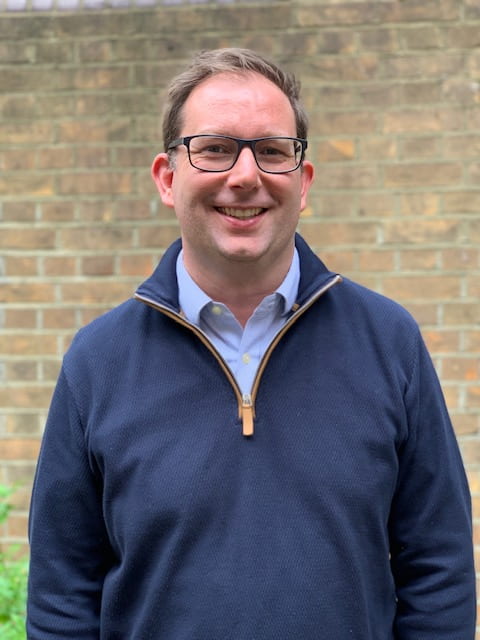
Nicholas Bowden
University of Otago
Geospatial study of environmental effects on the mental health of children
Mental health is one of the biggest health challenges facing New Zealand. One in four NZ young people will experience a mental health issue before they turn 18 years. Inequities in mental health issues and care are persistent and worsening, with Māori and Pasifika over-represented.
The determinants of mental health are multiple, complex, and increasingly the influence of the environment in which young people grow up is the subject of research to better understand mental health.
Nicholas Bowden of the University of Otago is leading this study, which aims to understand the interplay between mental health and the environments in which NZ young people grow up. More specifically, it seeks to determine whether young people have better mental health if they grow up in areas with more ready access to healthy environmental features such as green and blue spaces (e.g. parks and rivers), compared to unhealthy environmental features such as gaming venues, takeaway shops, and liquor outlets.
The study also aims to empower communities to advocate for change (e.g. support positions concerning liquor licence submission and preservation of natural spaces), inform policy processes and interventions to improve health-enhancing environments and inform subsequent research to develop culturally specific environmental measures to reflect health-enhancing environments for Māori and Pasifika.
The diverse and dynamic group of researchers undertaking this research has wide-ranging relationships with policy makers, health providers, and community groups that will be crucial to ensure the research has its intended impact of improving the mental health of young people in NZ.
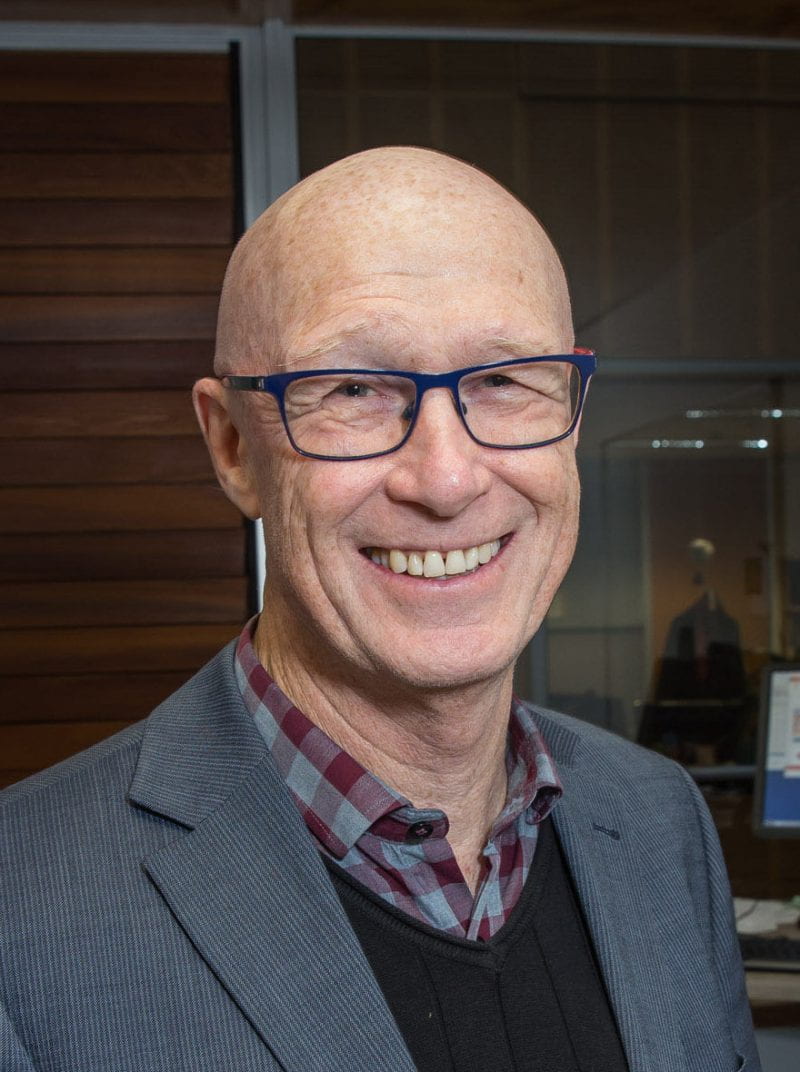
Professor Boyd Swinburn
University of Auckland
Improving children’s nutrition via school lunches
Phase one of Nourishing Hawke’s Bay: He wairua tō te kai worked with communities and rangatahi using systems science methods and mātauranga Māori to develop systems maps and action plans for improving children’s nutrition.
At the same time, the Government announced the national programme for free school lunches (Ka Ora, Ka Ako) for the most disadvantaged schools as part of its COVID recovery plan. This covered more than 40% of the Hawke’s Bay’s schoolchildren (12,000 students). The community’s top priority is to ensure the programme fulfils its principles for nourishing their children.
The next phase of Nourishing Hawkes Bay aims to create a Knowledge Exchange and Action Network for interested schools, food providers and community agencies to take the findings from phase one and build interventions in schools and to learn from each other’s experiences in creating school lunches.
It will also undertake vital evaluation of the impact of Ka Ora, Ka Ako. including:
- Interviews with school principals and whānau to understand how Ka Ora, Ka Ako is affecting children’s nutrition and health, school engagement (attendance, behaviours) and whānau wellbeing (food hardship, mana, tino rangatiratanga).
- Mapping four ‘school food ecosystems’ (primary/secondary; in-school/external provider) to understand the systems’ dynamics and how they could be optimised to meet the community’s principles developed in Phase one.
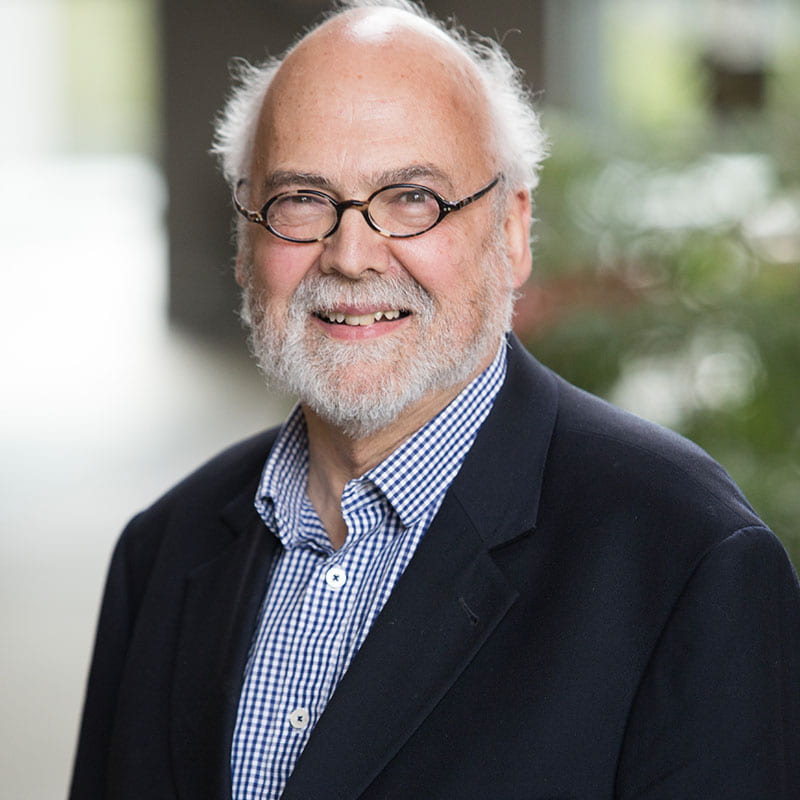
Professor Barry Taylor
University of Otago
Development of evidence-based and culturally appropriate advice to support children with rapid weight gain
One third of our young tamariki are an unhealthy weight prior to starting school, which has implications for their future health and wellbeing.
However a big gap exists in current knowledge about how best to manage children when excessively rapid weight gain is identified as part of routine childcare.
Professor Barry Taylor, from the University of Otago, will lead a team to identify current best evidence when excessively rapid infant growth occurs; best practice for delivering this information to different ethnic groups using culturally appropriate focus groups of WellChild providers; develop real-time decision support software to aid practitioners (that adjusts for cultural context); and finally and in the longer term than this grant, use RCT methodology to compare this software with standard practice plus offering parents a parent empowering set of options using an app.
If effective and safe options for whānau with rapidly growing infants can be found, enhancing their chances of achieving a health weight will improve overall whānau wellbeing in mental health, educational and physical domains.

Dr Rosie Dobson
University of Auckland
Pilot study of wearable technologies to help young people sense and regulate anxiety
Building resilience in adolescents is vital to sustaining wellbeing and reducing mental distress. In New Zealand nearly one quarter of young people experience anxiety or stress, which can place them at elevated risk of poor mental health and suicide.
This project, led by Dr Rosie Dobson of the University of Auckland, will investigate how wearable technology can be used to identify the early changes associated with an anxiety episode in adolescents, in order to provide the opportunity for earlier brief intervention.
The team will work with adolescents with moderate anxiety to co-design and develop this intervention to reduce the impact of living with anxiety, helping adolescents to better manage their symptoms.
Due to the significant inequities in mental health outcomes that exist for Māori and other minority groups, and the potential for digital solutions to provide more accessible support than conventional services, this project will prioritise these groups from the outset and ensure the intervention is tailored to their needs and preference.
The intervention will be pilot-tested and scoping of the scalability of the intervention will be undertaken as part of the project.
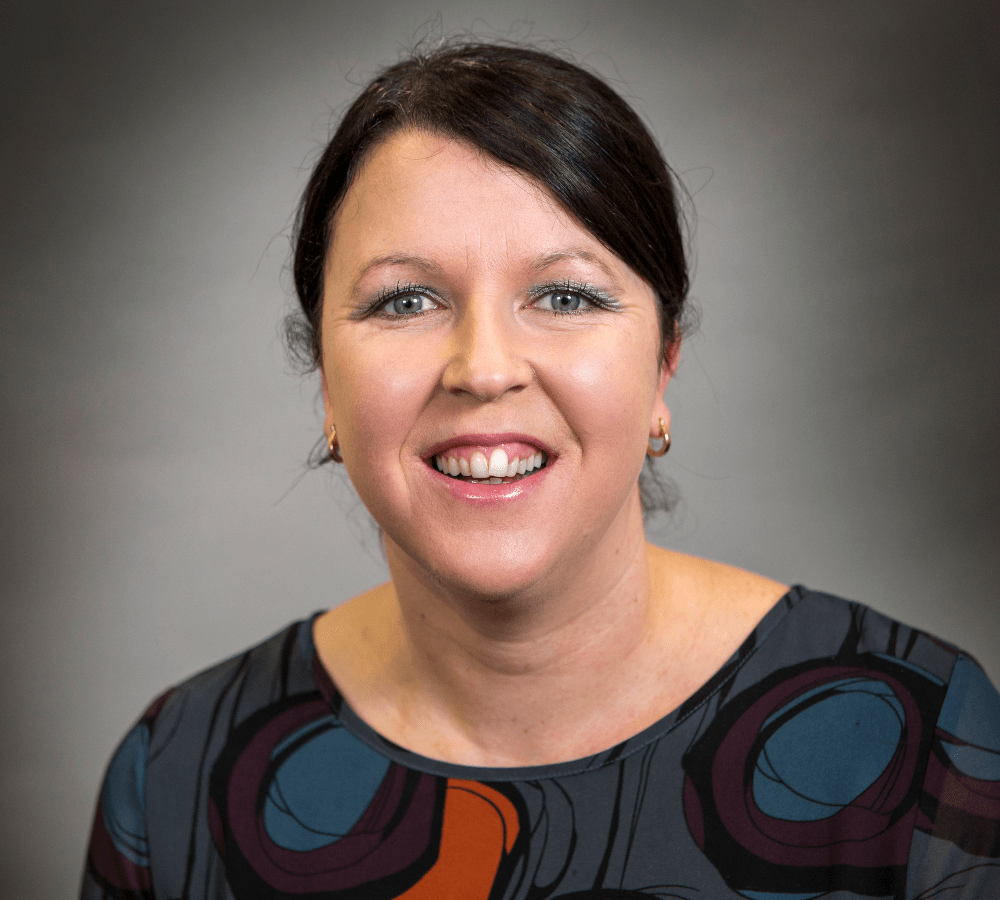
Associate Professor Laurie McLay
University of Canterbury
Telehealth for learning by children on the autism spectrum
The prevalence of autism has markedly increased recently with estimates suggesting 1 in 59 people are on the autism spectrum. Service demand exceeds capacity in many regions, with lengthy waitlists and an unmet need for culturally appropriate support.
Children on the autism spectrum demonstrate challenges in communication, behaviour and learning and, along with their caregivers, are at greater risk for mental health conditions. Access to early intervention and support that optimises caregiver mental health and children’s development is critical in mitigating these risks.
This project, led Associate Professor Laurie McLay of the University of Canterbury, will investigate the benefit of evidence-based interventions to improve child learning and behaviour and adult wellbeing – delivered by way of telehealth (using information communication technology).
Researchers will evaluate whether the integrate both web-based content and online virtual coaching interventions have an impact on social communication and behaviour and caregiver mental health and wellbeing, and also the acceptability of these approaches for Māori and Pasifika.
This new model of telehealth-delivered, parallel parent/child intervention could transform the way services are delivered for children with autism, and increase timely access to critical support for families who otherwise face long waits, resulting in collateral gains across many aspects of child and family functioning.
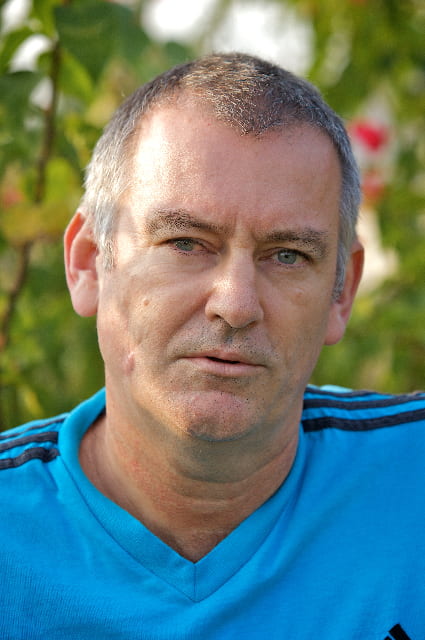
Professor Rich Masters
University of Waikato
Implementation of ki-o-rahi, a traditional Māori game, for development of fundamental movement skills
Early development of fundamental movement skills (FMS) promotes motor competence that is deeply interconnected with all domains of child health and development.
Children who move skilfully have better opportunities to interact with their world, their social and cognitive skills are superior and they tend to be more physically active.
This project, led by Professor Rich Masters of the University of Waikato, will look at the traditional pre-European Māori game, Ki-o-Rahi, which provides a unique, culturally-grounded context in which FMS can be learned by young children as they play.
Working closely with experts in kawa and tikanga, and listening closely to teachers, whānau and communities, researchers will co-develop, and validate, an appropriate form of Ki-o-Rahi that can be used by schools not only to promote movement competence in young children of all ethnicities, but also to promote tikanga-rich cross-ethnicity understanding of Māori (and Pacific) values and ways of knowing.
Researchers believe that an intervention tailored for young children, and underpinned by Ki-o-Rahi, will lay the groundwork for skilful movement, which translates to successful learning for life.
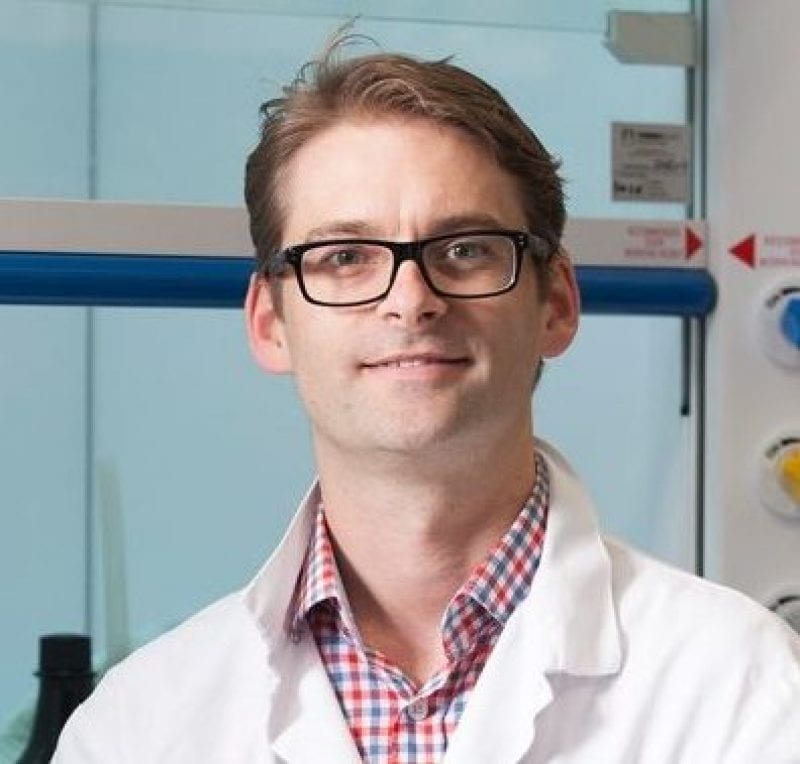
Dr Ben Albert
University of Auckland
Ongoing follow-up for study of fish oil in pregnancy, including breastfeeding and early childhood
Children of women who are overweight or obese during pregnancy are more likely to have problems with excess weight, high blood pressure, and diabetes later in life.
The Fish Oil in Pregnancy Study was a randomised controlled trial that assessed whether taking fish oil might help prevent these problems. Preliminary data shows mothers who took the fish oil and their 3-month-old babies had lower levels of fats in their blood, suggesting that their metabolism was improved.
Dr Ben Albert, from the University of Auckland, is leading this project, which aims to understand potential effects of fish-oil supplementation on children in the longer term.
The team will follow the children up to 3 years of age to examine their growth, development and metabolism. This detailed tracking of their growth will also allow researchers to look at how early life factors (such as the composition of breastmilk) influence growth and metabolism in early childhood.
The findings from these studies could help prevent obesity and the associated health problems in children and subsequently, adults, if it is identified that fish-oil supplementation would give them a healthier start to life.
Results could potentially inform practical interventions to prevent long-term impacts of overweight and obesity in pregnancy.
Importantly, a qualitative study led by an experienced Māori researcher will help better understand enablers and barriers to the engagement of Māori and Pasifika women in clinical trials. This would help address an important area of health inequity, since Māori and Pacific people suffer a greater burden of weight-related problems and are poorly served by the NZ health system – as a result, they would likely benefit the most from safe and highly acceptable preventive treatments.
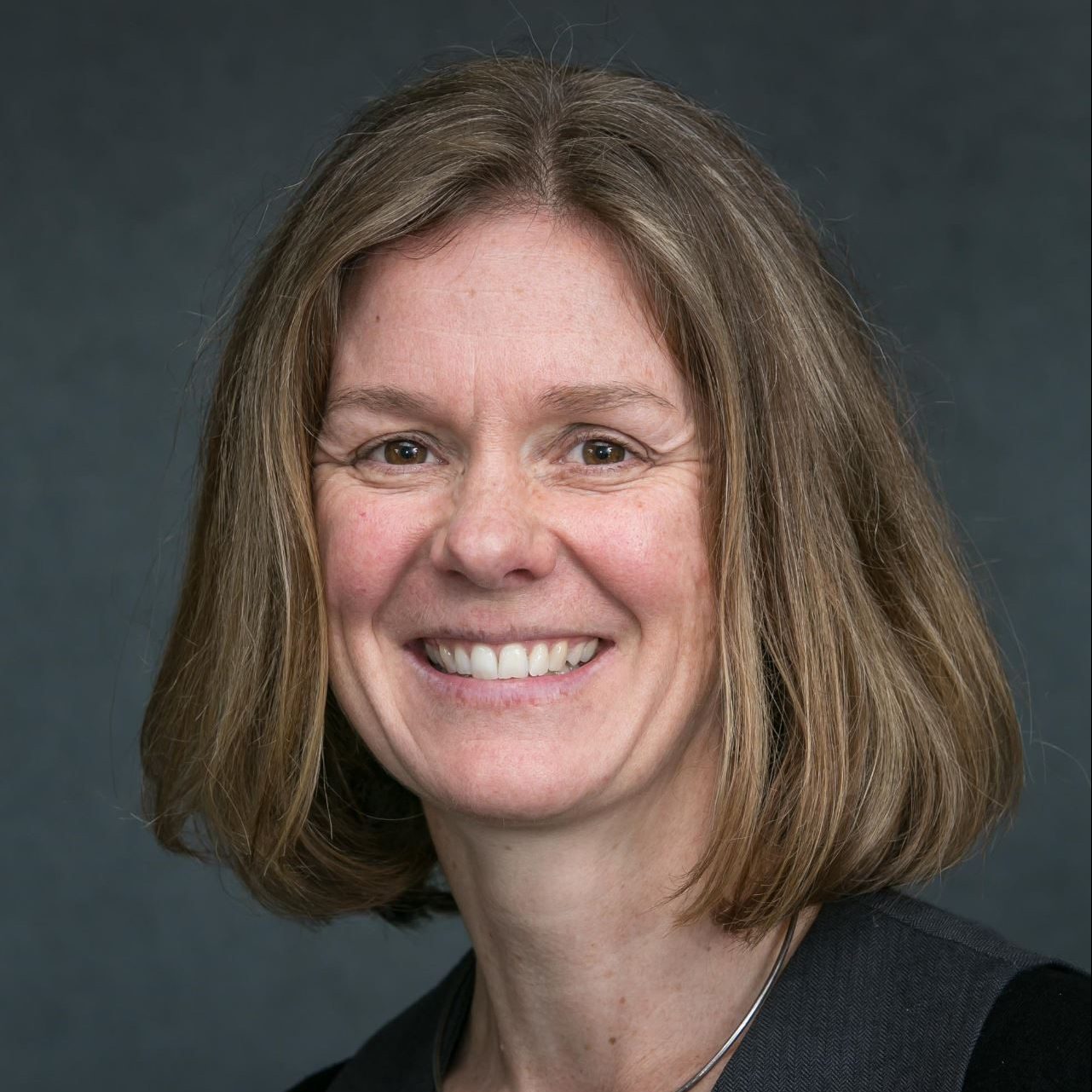
Dr Yvonne Anderson
University of Auckland
Evaluation of a Healthy Lifestyle Check app for screening of weight
Obesity affects approximately 79,000 children aged 2-14 years in New Zealand. Contemporary international data from 2.3 million teens show that those affected are almost five times more likely to die from coronary heart disease within 40 years compared with normal-weight peers.
In New Zealand, higher rates of obesity are experienced by Māori (1.6 times), Pasifika (4.7 times), and those living in the most deprived areas (2.7 times) when compared with other population groups. Despite this, current services for addressing this issue nationally are minimal, with limited access to strengths-based, equitable healthy lifestyle programmes, despite these being recommended as international best practice. Effective support for children affected by obesity requires addressing a wide range of weight-related conditions (comorbidities), including sleep apnoea, type 2 diabetes, hypertension, and mental wellbeing.
Whānau Pakari, a multi-disciplinary healthy lifestyle programme for children and adolescents with obesity based in Taranaki, has developed a Healthy Lifestyle Check app to individualise care and provide efficient screening of weight-related conditions in a non-judgmental, non-stigmatising home-based assessment.
This project, led by Dr Yvonne Anderson of the University of Auckland, aims to evaluate the implementation of the Healthy Lifestyle Check app within Whānau Pakari, with the potential to inform scale-up of healthy lifestyle programmes nationwide.
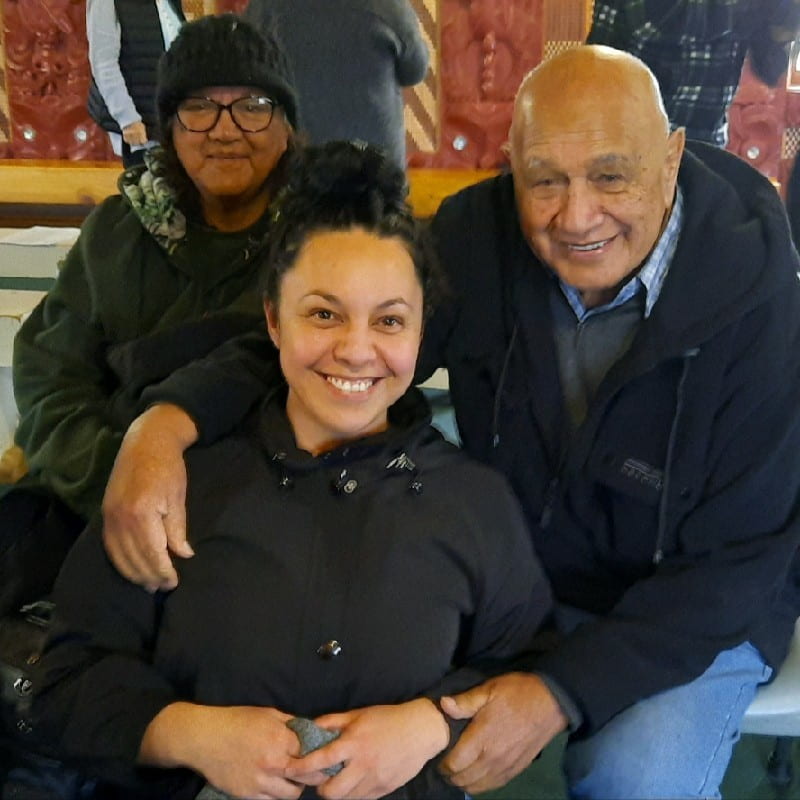
Nicky-Marie Kohere-Smiler
Piki Kotuku
Tikanga and Mātauranga Māori resources for speech-language therapy
In Aotearoa, tamariki-mokopuna Māori are significantly overrepresented in the numbers requiring speech, language and communication support.
Speech-language therapy services need to be culturally appropriate for Māori whānau, hapu and iwi; and relevant to Kaupapa Māori Education. Currently there is a dearth of kaupapa Māori research available with a focus on speech-language communication needs of tamariki Māori.
This study, led by Nicky-Marie Kohere-Smiler from Piki Kotuku Speech Language Therapy, aims to develop a guiding framework for speech-language therapy, working with whānau and Kaiako of Te Aitanga-a-Māhaki, who support tamariki with complex speech language communication needs.
It will design and create a Kete-Rauemi [resource pack] for whānau and Kaiako who support tamariki with mild-to-moderate speech language communication needs (who do not meet criteria for publicly funded support for speech-language therapy) ensuring whānau, kaiako of Te Aitanga-a-Māhaki hapu/iwi have access to information and learning support that they need to nurture the whole wellbeing of tamariki.
A secondary aim of the research is to develop a guiding framework for Speech Language Therapists working with whānau and Kaiako Māori who support tamariki with complex speech language communication needs in Te Aitanga-a-Māhaki rohe.
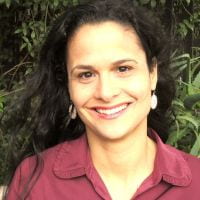
Dr Teresa Gontijo de Castro
University of Auckland
National data platform for tracking children’s growth trajectories
Data sources used to monitor growth among tamariki and rangatahi in New Zealand are fragmented, do not contain information for 0-2-year-olds, have big gaps for school-aged children, and are mostly aggregated at the national level.
This means New Zealand lacks group-specific information (e.g.: by age, region and socio-demographics) on prevalence, trends, and determinants of healthy growth among 0-19-year-olds. This information is crucial if equitable improvements are to be achieved.
This project, led by Teresa Gontijo de Castro of the University of Auckland, aims to prevent unhealthy weight among tamariki and rangatahi by scoping the creation of an integrated monitoring platform for tracking growth trajectories of young people up to 19-year-olds in NZ both nationally and regionally.
Such a system will: i) monitor progress on children`s growth and on reducing obesity and its related inequities nationally and by region; ii) identify areas and sub-populations of higher need or which could provide exemplars of intervention actions; iii) provide the outcome evaluation data for population interventions to maintain healthy weight and; iv) inform, shape and catalyse regional actions to tackle unhealthy weight.
Researchers will map and assess in-depth the potential and limitations of diverse sources of anthropometric data of children up to the age of 19 years in the past two decades to establish what would be required and which sources would be suitable to be included in a national monitoring platform, as well as how this platform could be made available to end-users.
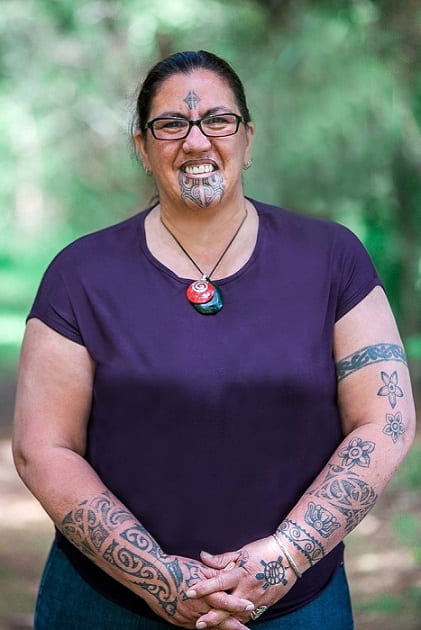
Professor Leonie Pihama
Tu Tama Wahine o Taranaki
Dissemination of ancestral knowledge by a range of methods to improve the health and wellbeing of children
‘Poipoia Ngā Tamariki – Nurturing our children’ brings to the fore successful values and practices of childrearing held within whānau, hapū and iwi for many generations. It focuses on the sharing of knowledge that supported the belief held by our tūpuna that our tamariki and mokopuna are treasured parts of whānau, hapū and iwi.
This project, led by Professor Leonie Pihama of Tu Tama Wahine o Taranaki, is grounded upon the Kaupapa Māori approach to ensuring the wellbeing of our tamariki. Kaupapa Maori provides us with particular ways of thinking about ideas and our practices that are informed by Māori cultural understandings that are grounded upon Māori knowledge and promotes positive strengths based cultural approaches and practices.
A key objective of the project is to inform the wider debate and activities that are currently at the fore of issues of wellbeing for tamariki.
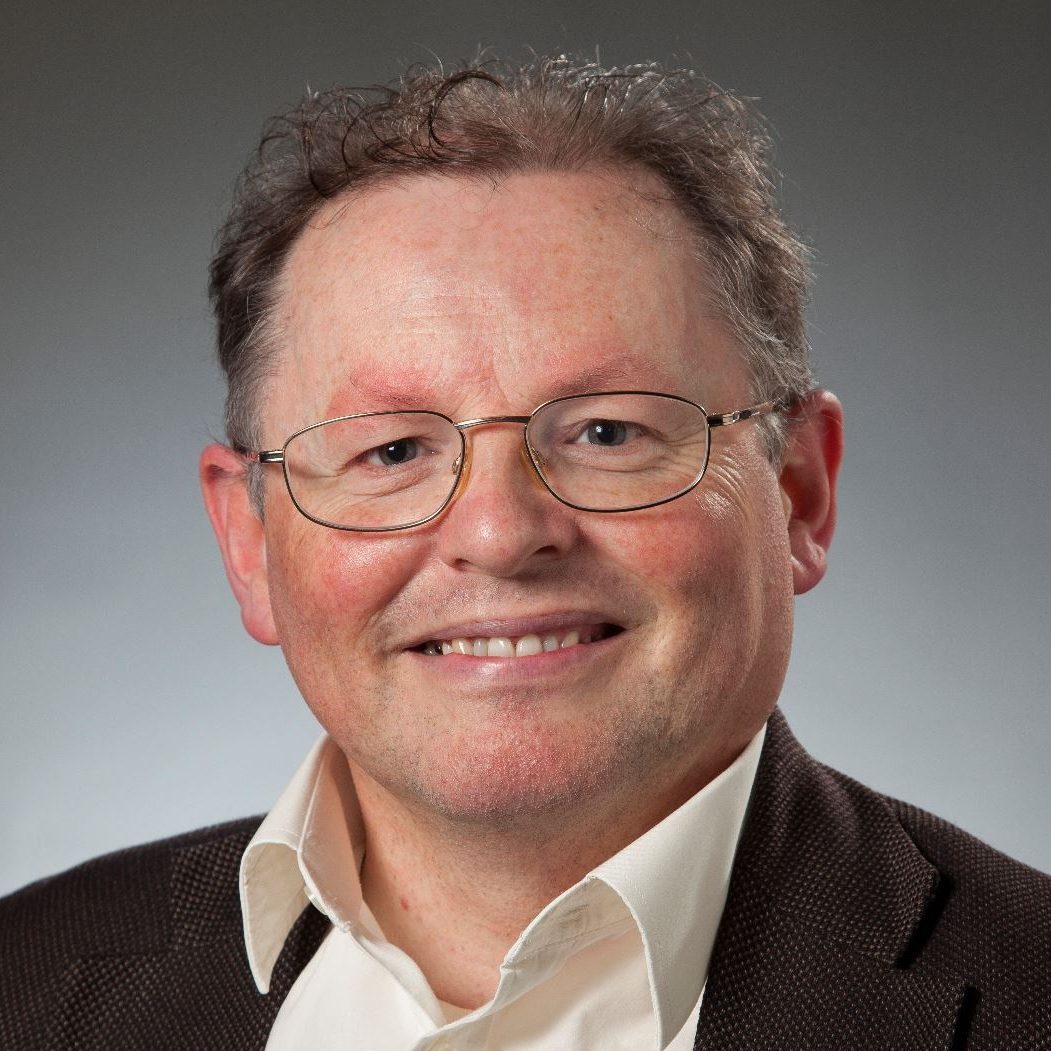
Professor John Everatt
University of Canterbury
Phonics instruction for teachers to help children learn literacy
Present research involves interventions that can be implemented by teachers to enhance literacy and improve wellbeing. These procedures were developed in previous research and found to be effective to support acquisition of literacy in primary school children. Trained Research Assistants provided that intervention, whereas in this project, primary school teachers will be trained to implement the intervention, to examine whether the same positive results can be obtained.
Literacy difficulties can affect all areas of education, reducing achievement and restricting job opportunities. Difficulties during the initial years of school can damage self-concept and cause behavioural problems. Although literacy learning difficulties are found across all groups, there is a greater incidence among students from lower socio-economic backgrounds and individuals from non-majority or immigrant backgrounds, particularly if their primary language differs from the language used in education.
This research, led by Professor John Everatt from the University of Canterbury, focuses on ways to support development of reading and writing, using a culturally responsive intervention to reduce the negative impact that poor educational experiences have on children’s wellbeing.
The project will help children to develop word-decoding skills and vocabulary, and provide strategies that motivate children to read text suitable for their chronological age. The research will measure whether engagement and experiences of success improve self-concept and self-efficacy, reduce negative behaviours, and increase resilience.
The research will focus on children in later primary school years who have experienced literacy learning difficulties.
